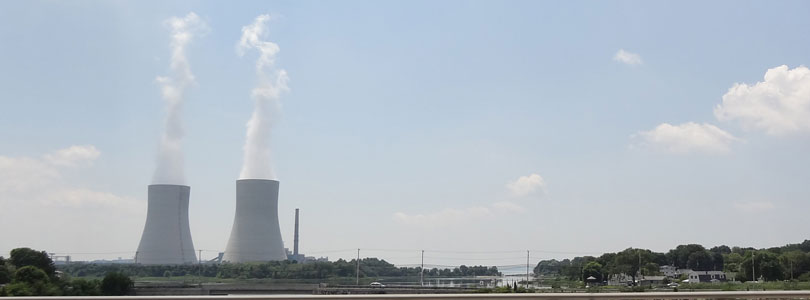Where the Utility Money Comes From
The double-take-inspiring headline in the Providence Journal is, “Regulators: Utilities, not customers, should pay for gas outage on Aquidneck Island.”
While perfectly willing to believe there was some form of negligence on the part of the utilities when the natural gas stopped flowing in January, we might also be tempted to ask: Where do the regulators think the utilities’ money comes from? Sure, $25 million can come from reductions imposed on those who invest their time or money in the organization or from planned operational expenses or some other nook or cranny of the business, but all money that goes out ultimately has to come in, and that means customers.
No doubt, there’s waste to be found in the entire system (utilities are, after all, quasi-governmental in their nature), but taking money from different areas will have consequences. If the organization becomes less profitable, or the possibility of profit becomes riskier, then fewer will be willing to make a career or a company out of it.
Now turn and look at the issue in the other direction. If we want 100% uptime in our utilities under all circumstances, we’re going to have to build in waste and redundancy. There would have to be people (unionized people) watching things that don’t actually have to be watched 99% of the time, like the faulty valve in this case. There would have to be multiple pipes carrying multiple streams of fuel along multiple paths so losing one wouldn’t shut anything down.
In Rhode Island’s current situation, extra personnel is made impossible by regulations that keep prices down through political force while keeping costs high. The extra infrastructure is made impossibly by the NIMBYism and environmental extremism of the region and the regulations that follow on those things.
So, whether the Division of Public Utilities and Carriers was correct in its judgment in this case is not the most important question for Rhode Islanders to ponder. What sort of energy reality do we want in the Ocean State, and what are we willing and able to do to bring it about? Unfortunately, our civic system has developed such that nobody benefits sufficiently in the moment from finding a solution for the long term in order to promote one, and too many people benefit from keeping a pleasant, superficial fantasy alive.




